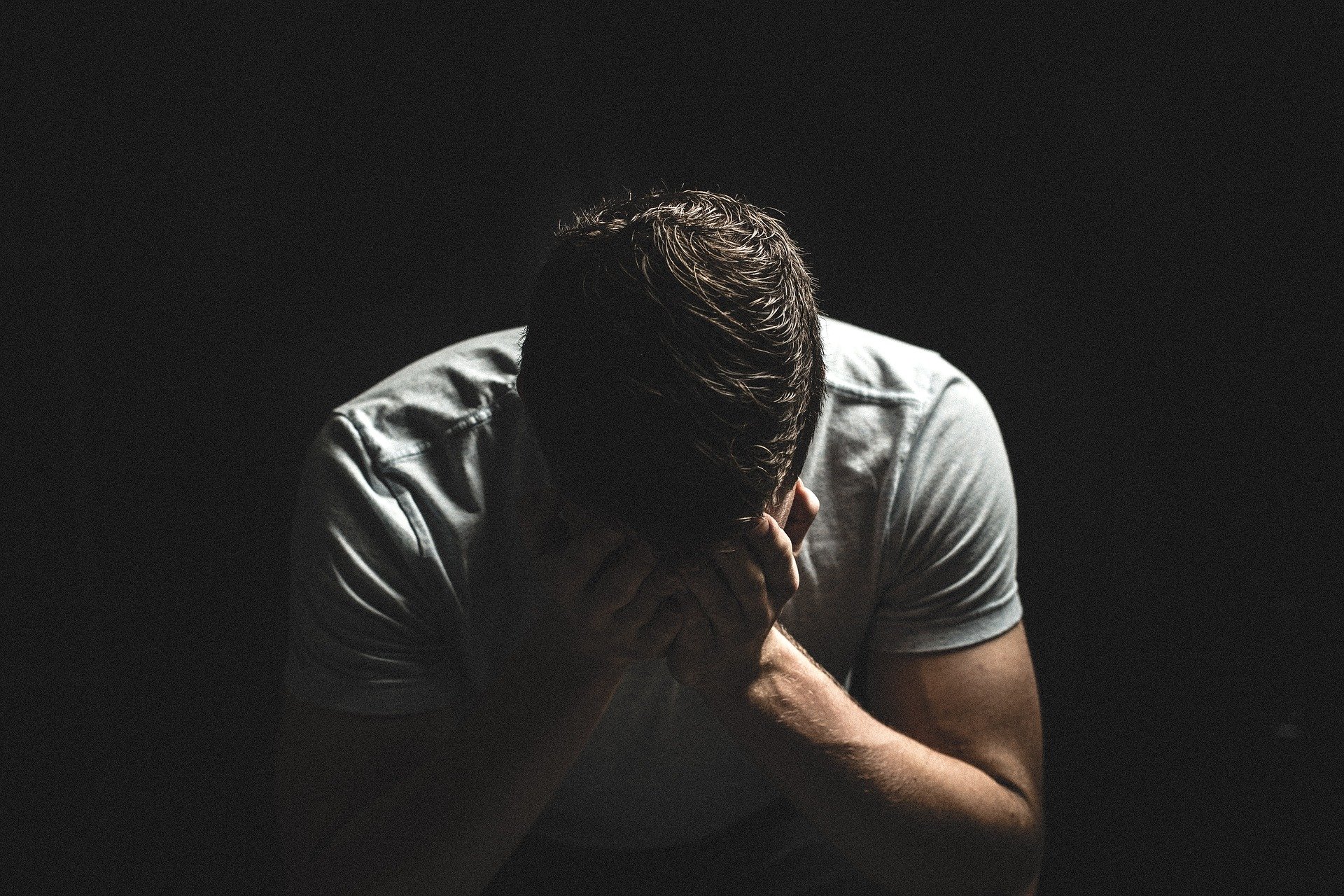We all go through loss during our lifetimes, and while it’s universal, everyone deals with grief in different ways. There are many factors that can shape the way one reacts to the death of a loved one, like your relationship to that person, previous experiences with death, and religious beliefs. For some, it can take weeks, while others need months to work through the acute stages of grief. Most can do so within the first year, but many struggle with lingering sorrows even when they have a solid support system.
While the death of a loved one is a common cause of grief, it can also occur with a divorce, family trauma and abuse, the loss of a body part due to an accident, illness, or age, or losing a home due to a natural disaster. Many people grieve deeply over the loss of their pets too. When grief has crossed over into affecting your life long-term, dominating your thoughts and interfering with day-to-day tasks, it might be time to seek help. By searching the term “grief counseling near me,” you can find a professional to help you feel less alone and allow you to process your grief so that you can move forward.
These are a few of the signs that indicate a need for grief counseling.
Suicidal Thoughts
If you feel like your life has ended and you have nothing to look forward to, grief counseling can help you move from that feeling of being “stuck.” While your life changes with a loss, it doesn’t end. Sometimes when grieving, people have thoughts of ending their own lives. In fact, suicide is the 10th leading cause of death in the U.S. If your grief has led to contemplating the idea, a grief counselor can help you navigate through your feelings and find reasons to live again. Of course, if you have thoughts of harming yourself or of suicide that you might act on, call 911 or ask someone to bring you to an emergency room.
You’ve Lost Your Sense of Identity
If you start feeling that you no longer have a sense of identity, which often occurs when a loved one dies who used to take care of many things, grief counseling can help you get your life back to “normal” again. Maybe you took care of the house, and your partner took care of all the finances and don’t know where to start. Without any guidance, it can feel overwhelming, but a grief counselor can provide advice and support that can help you navigate those daily tasks.
Experiencing Symptoms of Depression
Grief isn’t depression, but someone experiencing grief may become clinically depressed. If you begin having symptoms of depression, it’s important to seek help from a qualified counselor. If you aren’t sure, depression involves focusing on yourself rather than the loss. You might feel worthless or guilty, whereas with grief, you may have fleeting feelings of guilt, but your self-esteem remains intact. If you’re depressed, you lose your ability to feel hope, pleasure, and interest in things you used to enjoy. During grief, people usually feel better when they spend time with those they love, but if they’re depressed, that’s not the case, they might feel numb or limited when it comes to expressing emotions.
You’re Developing Unhealthy Habits or Even an Addiction
As loss can be overwhelming to many people, they might turn to alcohol, drugs, or even sex as a way to cope. Developing unhealthy habits, however, often only makes things worse. Seeing a grief counselor can help you find healthier ways to cope with the pain.


